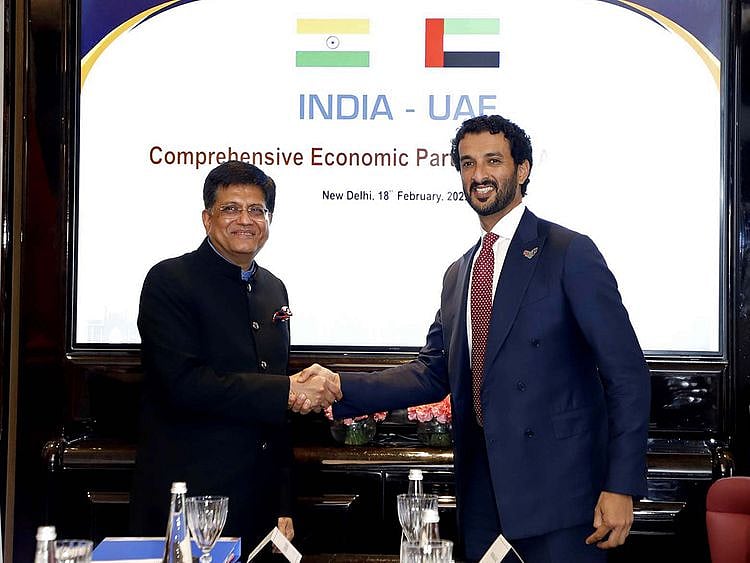UAE and India CEPA deal can influence the cost of remittances too
Even a 5% reduction in remittance fees will add up to additional $16b in savings

The deal of the decade. Or so it would seem.
The last time India signed a Comprehensive Economic Partnership Agreement (CEPA) was with Malaysia in 2011. Fast forward to the present, the signing of the CEPA with the UAE represents an ongoing effort to ease the multi-billion trade corridor between the countries.
Notable in this agreement is the chapter on digital trade, with e-commerce and e-payments solutions taking special focus. This is undoubtedly historic in the signing of a bilateral agreement, which otherwise outlines measures for traditional trade and commerce. By empowering the scope of digital trade, the two governments have recognized “the immense opportunities to accelerate economic growth and human development as well as to create new opportunities for investment”.
From a payments industry perspective, this is a definitive boost to uplift the UAE-India remittance corridor. At $20 billion plus, this is the world’s second largest corridor after US-Mexico and contributes 33 per cent of the inward remittance volume to India. No sector has been as reliant on technology in recent years as financial services. The fintech industry is at the forefront of building solutions for peer-to-peer payments, lending, insurance, regulatory processes and remittances among others.
Chip away at costs
Such a vast ecosystem naturally requires a whole lot of collaboration, not to mention transparent and flexible regional norms. Innovation, after all, cannot be stifled in a segment that has fast emerged as a lifeline for small and large businesses - and the general public. Drilling down to the consumer side of remittances, the cross-border payments sector plays the role of connecting families living apart. Fees imposed on transactions in the UAE-India corridor is among the lowest globally (5.31 per cent, which is below the global average of 6.3 per cent for sending $200).
Studies have suggested that cutting prices by at least 5 percentage points can save up to $16 billion a year in savings globally, and considering the volume of transactions conducted annually, fintech holds the potential to lower transaction costs even further. As per a World Bank report, costs for non-digital services are consistently higher than those for digital services regardless of the region where the money is being sent to. And with CEPA, the vision of a seamless, digital-first approach to developing the payments sector, has just got a fillip.
Fintech connectivity
Making payments affordable though requires greater access to critical technologies, new investments and homegrown solutions that can enable real-time money transfer on mobile payment solutions. The finer blueprint of CEPA also ultimately encourages the building of an ecosystem that will enable interoperable solutions to gain easier access to both the Indian and UAE markets.
The UAE’s recent positioning as a fintech hub will definitely gain to stand here, so will India’s burgeoning fintech sector which is expected to touch $150 billion by 2025. Both ecosystems need to be given the necessary investment and market support to empower their technology startups.
It is heartening thus, to note that a clause has been mentioned in the CEP on the need to support various emerging sectors, including fintech. Creating a favorable ecosystem to serve financial services, will lead to greater data protection, and lower financial crime as well. In a new-age of technology-led development, UAE and India may as well aspire to become a springboard for companies looking to build meaningful solutions, for both MENA and the South Asian regions.
Network Links
GN StoreDownload our app
© Al Nisr Publishing LLC 2025. All rights reserved.